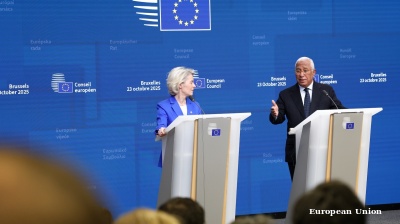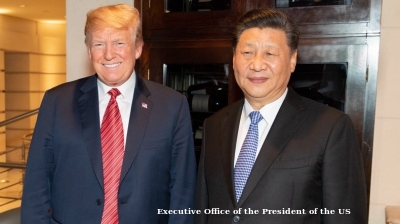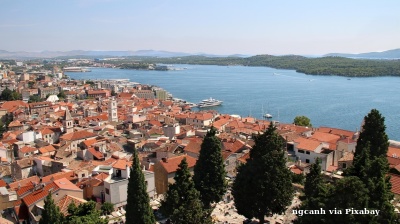The Trump Administration is working to outmanoeuvre China to ensure a US firm gains access to reserves of tungsten in Kazakhstan. The metal is a critical component used in the production of military ammunition and weaponry, as well as in medical equipment and lightbulbs.
US Department of Commerce officials have been working to advance discussions involving a private US entity, Cove Kaz Capital Group LLC, and Kazakhstan’s Samruk-Kazyna sovereign wealth fund to secure development rights to two major tungsten deposits in Kazakhstan, according to an October 21 report published by Bloomberg.
The report added that the US government is not angling for an ownership stake in any venture, but instead is willing to facilitate financing, including loans. The two deposits that Cove Kaz is seeking to develop are identified as Upper Kairakty and North Katpar.
Cove Kaz’s chief competition for development rights appears to be China, which currently enjoys a near-stranglehold on global supplies of tungsten. “China has cultivated an overwhelming dominance across the entire tungsten supply chain, encompassing mining, processing, and export,” according to an analysis published by Quest Metals earlier this year.
According to Kazakh estimates, the country’s tungsten reserves exceed 2mn tonnes and are worth billions of dollars, sufficient to make Kazakhstan a “major player in the global tungsten market.” Kazakhstan halted development of its tungsten deposits in the early 1990s, amid the economic disruption that accompanied the collapse of the Soviet Union. Efforts to revive the sector began in 2021, and late last year, a facility capable of processing 3.3mn tonnes of ore annually opened in the Almaty Region.
Cove Kaz Capital Group LLC is affiliated with Cove Capital LLC, which maintains offices in the United States and Australia. In 2024, Cove Kaz established a joint venture with the Kazakh entity Kazgeology JSC to prospect for minerals and rare earths in the Kazakhstan’s northern Kostanay Region, which borders Russia.
This article first appeared on Eurasianet here.
News

Palestinian ambassador pledges Iraqi embassy in Jerusalem
Palestinian ambassador pledges to open Iraqi embassy in Jerusalem as Iraq lays foundation stone for Palestinian ambassador's residence in Baghdad's new diplomatic quarter covering 300 hectares.

EU pledges ongoing support for Ukraine, defers decision on Russian assets
European Union leaders pledged continued financial backing for Ukraine over the next two years, but delayed a decision on tapping billions of euros in frozen Russian assets to fund Kyiv’s defence

Trump and Xi to meet in Busan, South Korea
The meeting comes after weeks of uncertainty over whether the encounter would take place. A trade dispute flared earlier this month when Beijing expanded export curbs on rare‐earth minerals, prompting the US to threaten additional tariffs.





